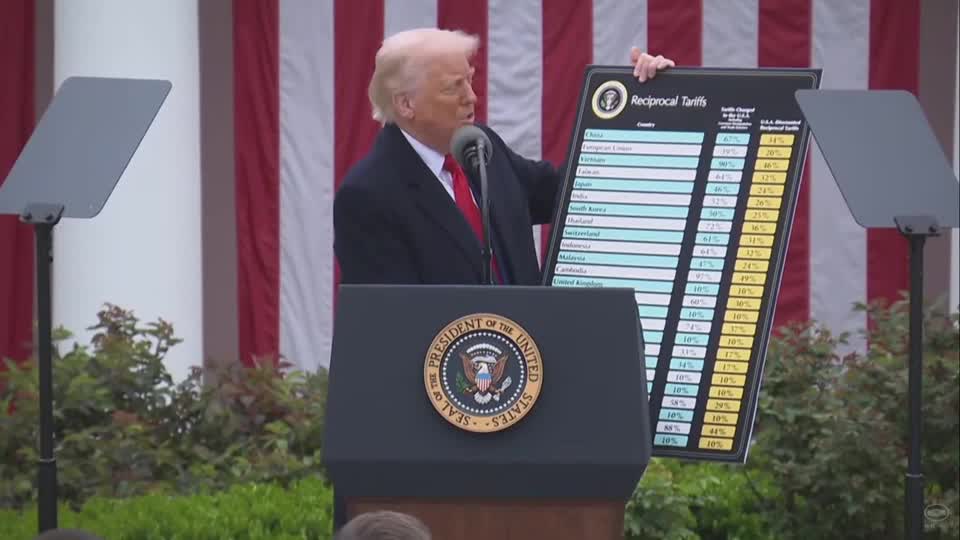Economic Forecast: Brace for Painful Transitions Ahead

Global Markets Brace for Economic Turbulence: A Week of Critical Developments
As the business world turns its attention to a pivotal week ahead, investors are closely monitoring a series of high-stakes economic events that could significantly impact global markets.
Trump's Tariff Tremors Shake Global Economy
President Donald Trump's aggressive trade policies have sent shockwaves through international markets, triggering widespread investor anxiety. The hefty tariffs imposed on major trading partners have created a perfect storm of economic uncertainty, pushing investors to seek safer financial harbors.
Impact on 'Factory Asia'
Southeast Asian economies are feeling the most significant strain, with six countries facing tariffs exceeding 30%. Particularly vulnerable is Sri Lanka, which relies heavily on U.S. apparel exports—accounting for approximately 40% of its international trade and generating $1.9 billion in crucial foreign currency.
Key Financial Milestones to Watch
- Quarterly Earnings Season Kickoff: Major financial institutions like JPMorgan, Wells Fargo, and Morgan Stanley will reveal their performance
- Delta Air Lines and Constellation Brands (Corona beer maker) will also report earnings
- March Consumer Price Index report expected on April 10
- Chinese inflation data anticipated on Thursday
China's Economic Landscape
Despite recent signs of economic stabilization and growing stock market confidence, China continues to grapple with persistent deflationary pressures. The upcoming inflation data will be crucial in assessing the effectiveness of the State Council's recently unveiled economic action plan.
Market analysts warn that the intensity of retaliatory measures against U.S. tariffs could potentially trigger a global recession, urging investors to remain cautious and vigilant.
